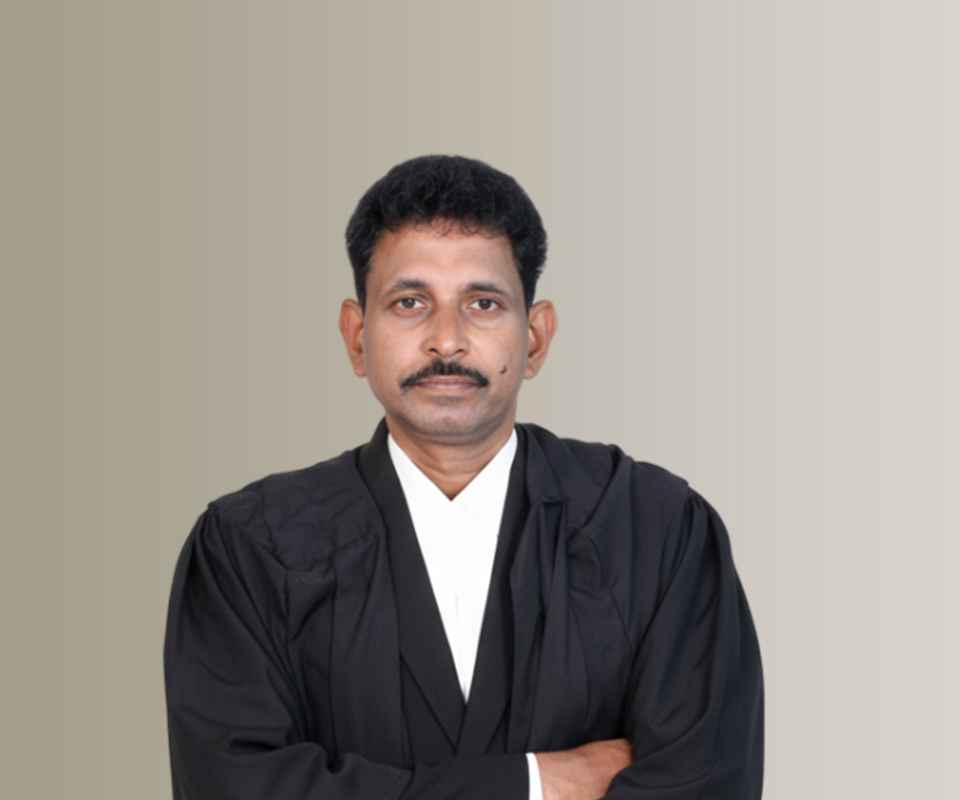Answer By law4u team
In India, there are two primary forms of marriage: marriage under personal law and civil marriage. Both types of marriages have different legal implications, registration procedures, and are governed by separate legal frameworks.
Marriage Under Personal Law
Governing Laws: A marriage under personal law is governed by the religious or customary laws specific to a particular community. For example:
- Hindu Marriage Act, 1955 for Hindus
- Muslim Personal Law for Muslims
- Christian Marriage Act, 1872 for Christians
- Special Marriage Act, 1954 for individuals marrying under secular laws without religious restrictions
Eligibility and Requirements: The requirements for marriage under personal law vary according to the religion or community. For example, under the Hindu Marriage Act, both parties must be Hindus, and the marriage requires the consent of both individuals and the solemnization of the marriage by a priest. Similarly, Muslim marriages follow different customs such as the Nikah ceremony.
Registration: Registration of marriages under personal law is not mandatory in some cases but can be done voluntarily. The marriage is typically solemnized according to religious customs, and legal validity is ensured based on the community's laws.
Legal Rights and Protection: The rights and protections offered under personal law are also community-specific, such as property rights, inheritance laws, and divorce procedures.
Civil Marriage
Governing Laws: A civil marriage is governed by secular laws and does not depend on the parties' religion. The Special Marriage Act, 1954 is the primary law governing civil marriages in India. This law allows individuals from different religions or communities to marry under a common legal framework without adhering to any religious rituals.
Eligibility and Requirements: Civil marriages have a uniform set of eligibility requirements:
- Both parties must be of legal marriageable age (21 for men, 18 for women).
- They must give free and informed consent.
- There are no religious or customary requirements; the marriage is registered in a civil office.
Registration: Registration of a civil marriage is mandatory under the Special Marriage Act, 1954. The marriage is solemnized in front of a marriage officer, and the couple receives an official marriage certificate. This ensures legal validity across all communities and religions.
Legal Rights and Protection: Civil marriages grant the same legal rights as any other marriage, irrespective of religion. These rights include inheritance, property, and spousal support. Civil marriages are recognized uniformly under Indian law, offering clear legal protection.
Key Differences:
- Governing Law: Personal law marriages are governed by religious or community-based laws, while civil marriages are governed by secular laws (like the Special Marriage Act).
- Religious Involvement: Personal law marriages usually involve religious rituals and ceremonies, whereas civil marriages are non-religious and are conducted by a marriage officer.
- Eligibility: Personal law marriages are subject to community-specific criteria (e.g., religion, caste), while civil marriages are open to all individuals, regardless of their religious background.
- Registration: While marriage under personal law may or may not require registration (depending on the community), civil marriages must be registered with the marriage officer under the Special Marriage Act.
- Legal Recognition: A civil marriage is recognized uniformly by the Indian state, whereas a marriage under personal law may not have the same level of legal protection if the individuals belong to different communities.
Example:
Personal Law Marriage: A Hindu couple marries under the Hindu Marriage Act, following religious rituals. The marriage might not require immediate registration, although registration is optional.
Civil Marriage: A Christian woman and a Muslim man marry under the Special Marriage Act, 1954. Their marriage is solemnized by a marriage officer and is legally registered, offering them secular legal protection.
Conclusion:
Both personal law marriages and civil marriages serve to validate a union, but they differ significantly in terms of legal framework, eligibility criteria, registration requirements, and the rights they offer. Civil marriages provide a uniform legal structure, especially for interfaith or inter-caste couples, whereas personal law marriages cater to religious communities and are based on their respective customs and traditions.







